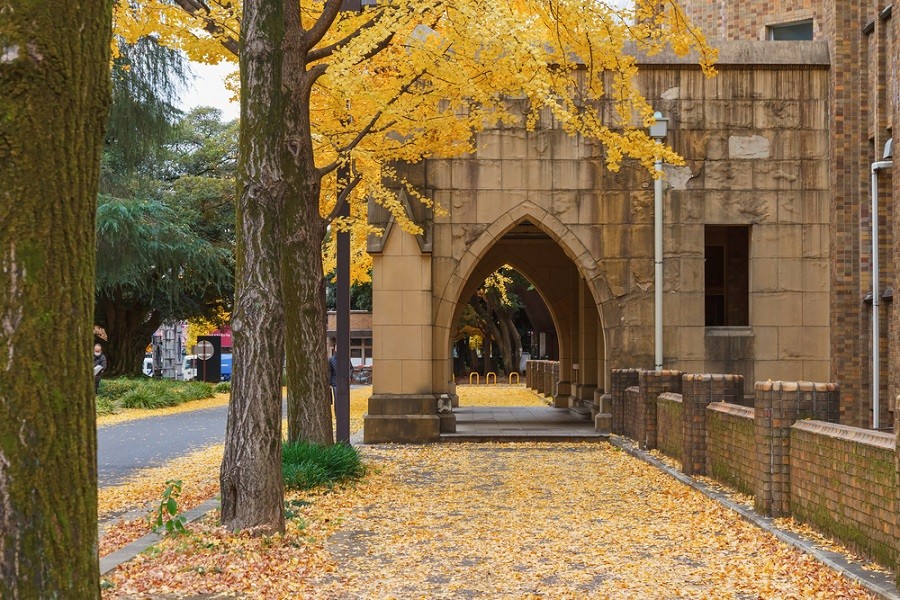Popular Reads
Top Results
Can't find what you're looking for?
View all search resultsPopular Reads
Top Results
Can't find what you're looking for?
View all search resultsJapan to nurture young scientists by integrating education programs
Japan aims to help talented math and science students grow into leading researchers by integrating education programs at some high schools and universities from next academic year.
Change text size
Gift Premium Articles
to Anyone
J
apan aims to help talented math and science students grow into leading researchers by integrating education programs at some high schools and universities from next academic year, sources familiar with the matter said Monday.
The move comes as concerns grow over Japan's faltering scientific research performance in recent years amid a decline in budget.
Under the envisioned system for providing consistent specialized education, university professors can teach at high schools and high school students can visit university laboratories, the sources said.
In university admissions, special slots for talented students may be created based on common standards established by high schools and colleges, they said.
The project will start as a part of the existing framework of Super Science High Schools that offer advanced math and science education. At present, about 200 institutions have been designated by the education ministry as such schools and they develop education materials and have close links with universities and private companies.
Shinichi Mizokami, professor of education at Kyoto University, welcomed the planned integration of high school and university programs at some institutions, saying starting early is the key to raising top-level researchers.
He said under the current system, even students who go through special math and science education programs at designated high schools cannot immediately move on to full-fledged research upon entering universities as they would be initially required to take liberal arts courses.
Mizokami attributed such a problem to a "lack of the universities' readiness to accept" promising students. The professor urged the education ministry to ensure the new system will cover talented students who are not studying at designated institutions as well.
Read also: Indonesian students win awards at 2016 ICYS
The new system could possibly allow students to skip grades and enter universities before graduating high schools in the future and will be beneficial for universities that seek to secure talented researchers from an early stage.
The ministry aims to secure the necessary budget for fiscal 2019 and solicit participating institutions from across Japan, select a model case in the first year and expand the scheme to several locations over the following years, according to the sources.
The education ministry plans to have core universities and local high schools form a council to decide on a consistent education program and require high schools and universities to jointly apply for the project.
In university admissions, the ministry also envisions selecting students based more on interviews and recommendations from high schools rather than the conventional entrance exams.
While Japan has produced many Nobel-prize winners in recent years, they were recognized for research carried out decades ago and the laureates themselves have repeatedly voiced their concern for the future course of Japan's science research.
British science journal Nature said in 2017 that Japan's scientific output has failed to keep pace with other leading nations, risking its position among the world's elite.
Publications by Japanese authors in 68 high-quality natural science journals fell more than 8 percent between 2012 and 2016, in contrast with a 48 percent increase by Chinese authors and a 17 percent rise by British authors, it said.







